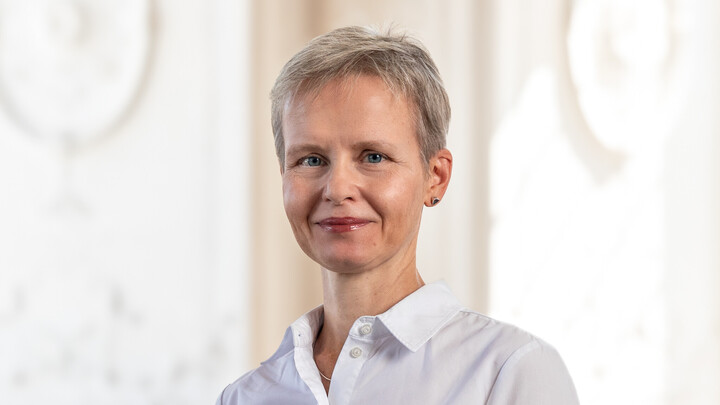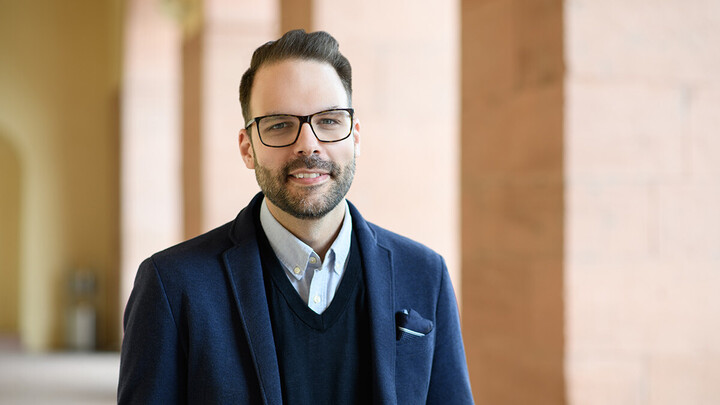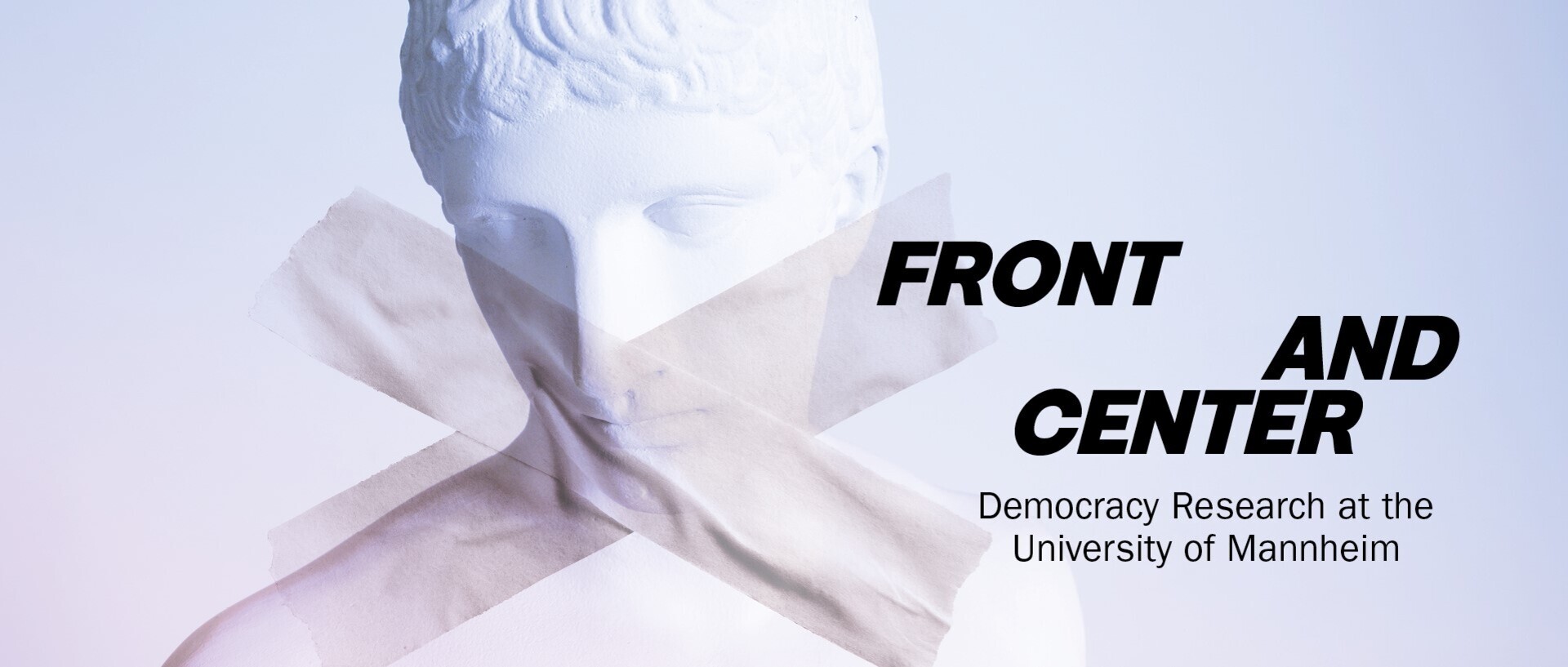A Right-Wing Turn on the Bookshelf
From bedtime stories to university lectures, far-right movements are offering their own educational content—starting in early childhood and continuing into adulthood—with one clear goal: to normalize their ideology. Mannheim professors Cornelia Ruhe and Thomas Wortmann are launching a research project to investigate the system behind these offerings—which, in their view, pose a serious threat to democracy.

Here’s glimpse into the classroom of the near future: In German class, only books that promote traditional family values are on the reading list. Biology textbooks denounce so-called “gender ideology” and stress alleged biological differences between ethnic groups. History teachers downplay the crimes of the Nazi regime and seek to legitimize colonialism—at least, if the New Right had its way.
What began in France in 1968 with the founding of GRECE (Groupement de recherche et d'études pour la civilisation européenne) and in Germany in 1972 with the Aktion Neue Rechte has since evolved into a sprawling network of actors seeking to strategically influence public discourse and political culture. The term “New Right” encompasses individuals, groups, and organizations, such as Compact magazine founder Jürgen Elsässer and the Identitarian Movement in both Germany and France. What unites them is their far-right ideology and a shared strategy of attempting to undermine democratic structures from within. One of their core tactics: creating alternative educational programs for all age groups.
But what exactly do these far-right educational initiatives look like—and how far have they progressed? That’s the question Cornelia Ruhe (Chair of Romance Literature and Media Studies) and Thomas Wortmann (Modern German Literature and Qualitative Media Analysis) will be exploring beginning in fall 2025. Over the next two and a half years, the two professors plan to investigate the educational strategies of Germany’s Neue Rechte and its French counterpart, the Nouvelle Droite, including the connections between the two. Their research is funded through a Volkswagen Foundation grant of roughly €300,000.

Starting with the youngest
“We chose these two countries because the German and French New Right are closely linked,” says Ruhe, who has long studied contemporary French culture. “Many key figures—such as Götz Kubitschek in Germany and Alain de Benoist in France—maintain strong ties.” She adds that France has progressed further in this regard: “Right-wing movements already have more influence there. That makes it an interesting point of comparison—because what we’re seeing in France could be a preview of what’s to come here.”
Ruhe and Wortmann first became aware of the topic through their research as literature scholars. “We had already been exploring how the New Right engages with literature. That’s what led us to its educational activities,” Wortmann explains. “And those go far beyond pushing for certain books to be included in school curricula.”
In roughly one year of preliminary research, they found that the New Right is pursuing a much broader goal: to build an alternative education system that systematically promotes far-right ideology—from preschools to universities. “They produce alternative textbooks, organize summer academies, and actively work to discredit schools and universities as flawed institutions,” says Wortmann. Ruhe adds, “Their earliest targets are parents reading aloud to their young children. For these settings, they offer lists of recommended readings that, unsurprisingly, promote a strict father-mother-child family model—and reject all others.”

The goal of this educational strategy? “To raise right-wing protagonists from the cradle onward,” says Ruhe. “The goal is to instill the desired worldview from an early age—so that, as adults, they can advocate the corresponding political views.” While Germany’s mandatory schooling laws (currently) make that difficult to implement, she notes that France allows more flexibility through limited homeschooling and private schools with broad autonomy in terms of course materials and teaching methods.
Policymakers are taking notice
Ruhe and Wortmann hope that their research will produce a thorough understanding of this system and the diverse strategies employed by the Neue Rechte and the Nouvelle Droite, thereby offering valuable insights for civil society and democratic resilience. “Our project is designed to encourage collaborations with schools, museums, libraries, memorial sites, and other institutions,” says Wortmann. Policymakers have also expressed an interest in the research outcomes. “Moreover, we believe that teacher training programs should address this topic,” adds Ruhe, “so that future teachers are equipped to recognize early signs of far-right radicalization in their classrooms.”
The threat, Wortmann emphasizes, lies in its subtlety: “This isn’t about a sudden coup. It’s a slow and creeping process. And because of that, it often flies under the radar. The New Right is working to destabilize the democratic state from within—by sowing distrust in democratic institutions and getting more people with reach and influence to subscribe to their ideology.” This makes it all the more important, the researchers argue, to bring public attention to the system before it becomes entrenched.
Text: Jessica Scholich / August 2025
